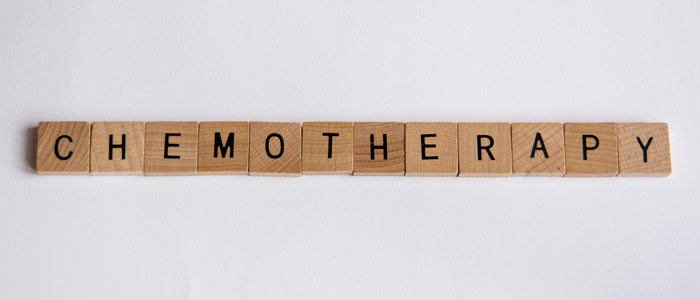Many comorbidities are associated with oncology diseases. In cancer, the associated symptoms include pain, anxiety, depression, insomnia, decreased in quality of life, increased disability and negative effects on sexuality.
These symptoms are some of the most fundamental causes of suffering and disability for oncology patients while undergoing therapies, and some may even lead to worse prognosis.
Traditionally, cancer-related pain is mainly treated by opioid analgesics but a promising substitute for opioid-based medication is Medical Cannabis (MC) and Cannabinoid treatment for cancer-related pain is generally recognized as safe!
Despite the fact that there is a knowledge gap in the study of Cannabis, especially for treating cancer-related pain, a 2020 study showed that most cancer patients requested MC treatment from their oncologist.
The Adverse Effects (AEs) from cannabinoids for cancer treatment are generally well tolerated by the patients and categorized as mild to moderate and the most frequent AEs are memory impairment, drowsiness, nausea, vomiting and xerostomia (dry mouth).
Traditionally, cancer-related pain is mainly treated by opioid analgesics but a promising substitute for opioid-based medication is Medical Cannabis (MC) and Cannabinoid treatment for cancer-related pain is generally recognized as safe!
Despite the fact that there is a knowledge gap in the study of Cannabis, especially for treating cancer-related pain, a 2020 study showed that most cancer patients requested MC treatment from their oncologist.
The Adverse Effects (AEs) from cannabinoids for cancer treatment are generally well tolerated by the patients and categorized as mild to moderate and the most frequent AEs are memory impairment, drowsiness, nausea, vomiting and xerostomia (dry mouth).
The Study...
This long-term study was conducted between January 2019 and September 2021 in Israel and pulished in Frontiers in Pain Research on 20 May 2022.
The institutional Ethics Committee of Haemek Medical Center and Galil Medical Center also approved the study.
Researchers conducted a multi-center, prospective, 6-month longitudinal study that followed up on the effectiveness and safety parameters of MC treatment for cancer-associated symptoms.









